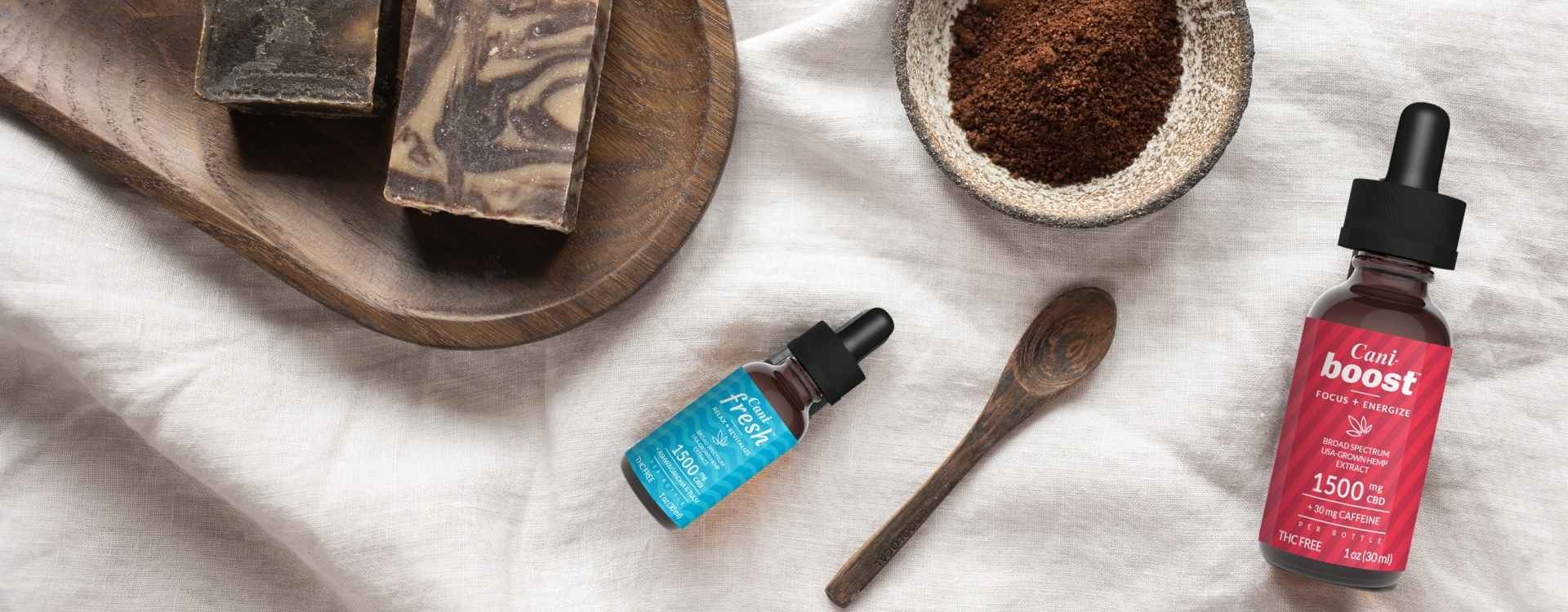Just as we were beginning to create a deeper understanding of CBD and its effects on the human body, CBG becomes the new buzzword swirling about.
So what exactly is CBG? How is it different from CBD? Should you try CBG if you are already using CBD? While the compounds share some similarities, key differences do exist between the two. Let’s take a deeper dive into both CBD and CBG and help determine which (if any) is best for you.
What Is CBG?
We are aware that CBD is an acronymic interpretation of cannabidiol, and CBG is similar in nature. It stands for cannabigerol, and much like its CBD counterpart, it is undergoing extensive studies for its potential beneficial properties.
Perry Solomon, M.D., is a board-certified anesthesiologist and medical cannabis expert who has shed some light on the subject of CBG in recent months. “We don’t know much about CBG,” he says “It’s not a common cannabinoid.” Solomon explains that “you have to get enough to be able to test it and study it,” noting that CBG is not typically found in large quantities within the cannabis plant.
With cannabis prohibition active for nearly a century until the Agricultural Improvement Act of 2018, and scarcity of knowledge around these cannabinoids and phytocannabinoids, there is much to be proven in regards to its effects and chemical makeup.
CBG is the precursor to CBD, CBC, and THC. The acidic, inactive form of CBG is known as CBGA, and this compound is broken down to become the base molecule that other cannabinoids form from, including THC, CBD, and CBC.
What’s the Difference Between CBG and CBD?
As we started to elaborate on earlier, CBG is a compound that helps to make CBD. But while they’re both cannabinoids, they are still two entirely different compounds within the cannabis plant. They also serve very different purposes and function entirely different from one another. However, some potential benefit overlaps do exist.
Both CBG and CBD are considered to be non-psychotropic, which means they are absent from the mind-altering effects of compounds like THC that can potentially inhibit your daily functions and fog your mental clarity.
Similar to that of CBD, CBG is also thought to counteract the mind-altering effects of THC. Studies of CBG indicate that the compound activates the CB1 receptor in the same fashion as CBD does. This process essentially decreases psycho-activation and helps to counteract the intoxicating elements of THC.
For those that consume cannabis for medicinal purposes, consuming CBG or CBG isolate in addition to consuming (smoking or eating) cannabis could potentially counterbalance the “high.” While there is some CBG naturally found within the cannabis you’re already consuming, it’s “high”ly unlikely (pun intended) that it’s a large enough quantity to make much of a difference.
CBD or CBG: Which Is Best?
As we have outlined, both CBD and CBG are non-psychoactive compounds. They won’t produce the mind-altering effects of their cousin THC. They both are all-natural compounds that have little to no known side effects, and they each offer a plethora of benefits. Much like its CBD counterpart, CBG has a multitude of benefits that are a result of its interaction with the endocannabinoid system (ECS).
Many of these benefits may sound familiar to CBD users, as they seemingly overlap with those of CBD. Similar to CBG, CBD has shown to be beneficial for both the neuroprotective and anti-inflammatory systems within our bodies. CBD has also been proven to be a notable supplement for sleep, with various studies supporting its effectiveness in treating generalized sleeplessness. One of CBD’s most prominent benefits may be in its ability to alleviate soreness.
Deciding which is best when it comes to CBD and CBG lies in the eyes of the beholder. Many of the symptoms they treat are similar in nature, but the two compounds have unique ways in which they treat them. They both also possess some differences in how they interact with users, especially in terms of appetite. Developing a preference between the two should be discovered through experimentation. And possibly, the addition of both into your supplement routine may prove to be a fruitful decision that is absent of the obligation of having to make a choice between the two.
Closing Words
As we collectively seek to enhance our knowledge of cannabinoids, we will also continue to grow a deeper understanding of all their potential uses and benefits. Due to the increased knowledge and research supporting CBD, it likely has a slight edge over CBG simply because we know more about it. With that said, CBG has certainly shown promise during initial trials. It’s possible that CBG could have a bright future on the horizon as we develop more knowledge and information about it.

